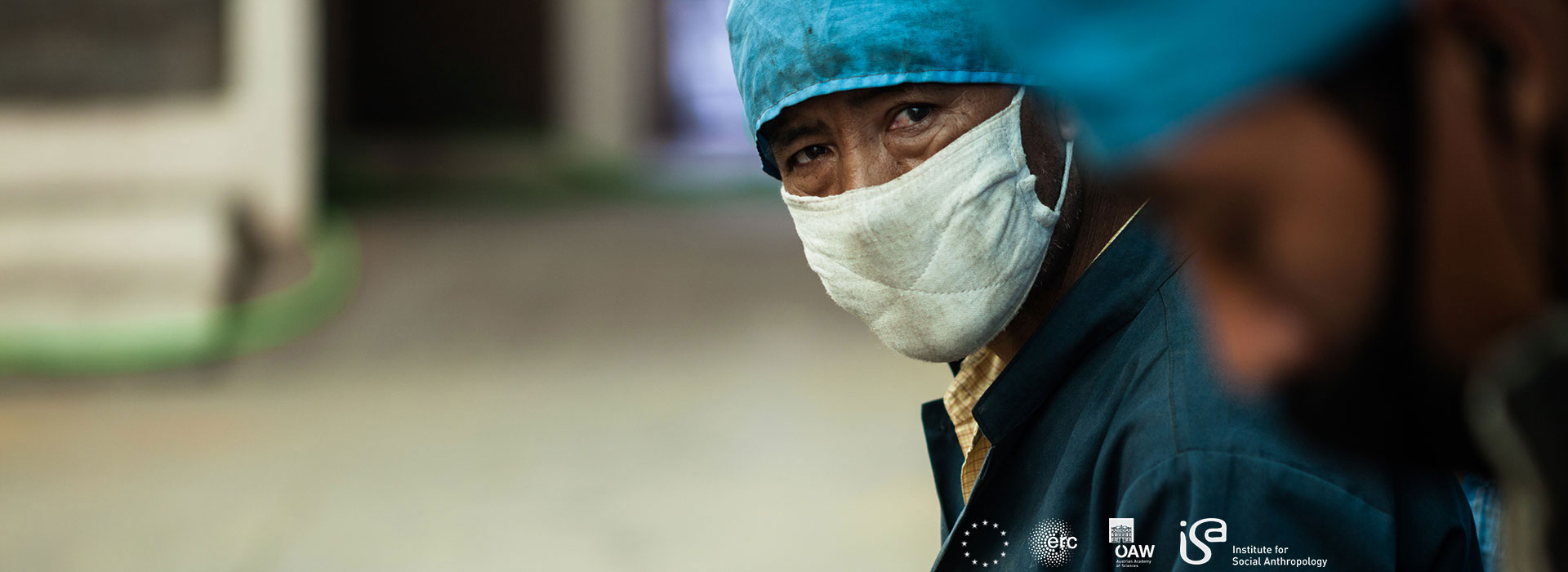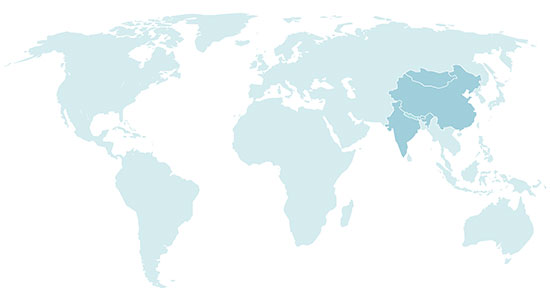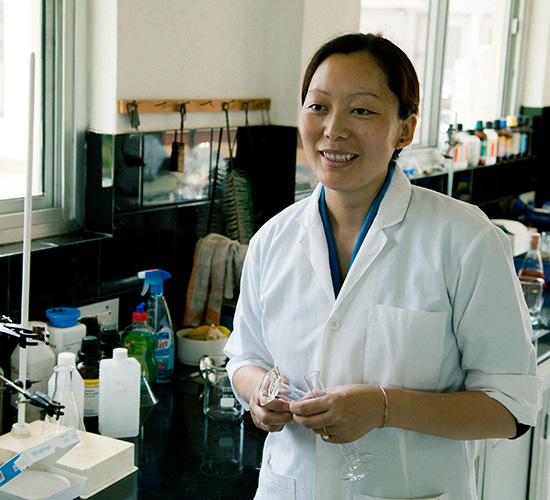
Reassembling
Tibetan Medicine
The formation of a transnational Sowa Rigpa Industry
in India, China, Mongolia and Bhutan
Reassembling Tibetan Medicine, or Ratimed, is a large-scale interdisciplinary research project funded by the European Research Council (ERC). Its aim is to generate a bigger picture – and thus a better understanding – of the transnational Sowa Rigpa industry.
The project is based at the Institute for Social Anthropology (ISA) at the Austrian Academy of Sciences, and will take five years from April 2014 to March 2019. It is conducted by an international, interdisciplinary team of researchers:
Stephan Kloos (AUT) – principal investigator, medical anthropologist
Calum Blaikie (UK) – social anthropologist, development expert
Mingji Cuomu (CHN) – Tibetan doctor, anthropologist, public health
Harilal Madhavan (IND) – economist, intellectual property rights expert
Tawni Tidwell (USA) – medical anthropologist, Sowa Rigpa practitioner

Over two thirds of the world’s population consume “traditional” remedies (WHO 05).
In Asia, “traditional medicine” today constitutes a huge, highly innovative and lucrative pharmaceutical industry that exports its products globally. However, we know very little about its actual size, dynamics and wider implications.
This project is the first comprehensive, large-scale interdisciplinary study to focus on the bigger picture of the “traditional” pharma industry.
The traditional pharma industry needs to be understood as an assemblage of diverse elements.
It cannot be reduced to single ingredients, nationalities or social fields, but rather exists at the intersection of capitalism and culture, science and religion, body and environment. The project focuses on four central domains of the traditional pharma industry: raw materials, production, the market, and intellectual property.
Tibetan medicine – also known as Sowa Rigpa – serves as a particularly illustrative example of this industry.
It is only now emerging, which enables real-time ethnographic observations of its development. Its industry is still small enough to be studied by one team of experienced researchers. It constitutes an important knowledge economy in parts of India and China, as well as in Mongolia and Bhutan, thus offering unique insights into Asia’s economic rise and social transformation.

Study Objectives
The overall aim of this research project is to gain broad insights into the emergent transnational Sowa Rigpa industry and its wider socio-economic and public health implications.
Some of the questions this study addresses are:
What is the size and shape of the Sowa Rigpa industry in Asia?
How does a “traditional” pharmaceutical industry develop, and how does it function?
What are the larger effects of such an industry on Asian economies, public health, national politics, the environment, and Tibetan medicine?
In order to answer these questions, the project has four specific objectives and work phases, which progressively expand the study’s scale.
Four Phases
Assess the emerging Sowa Rigpa industry both in quantitative and qualitative terms at the national level in India, China, Mongolia and Bhutan.
Explore in detail the four major domains upon which this industry is based: the raw materials, pharmaceutical production, the traditional pharma market, and intellectual property rights.
Analyze how these elements come together as a pharmaceutical assemblage, and generate a hitherto non-existent “big picture” of the transnational Sowa Rigpa industry.
Integrate the results into a larger theoretical, professional and policy-context to develop new insights and strategies for engaging with contemporary socio-economic, political, and healthcare challenges in Asia and the wider world.


